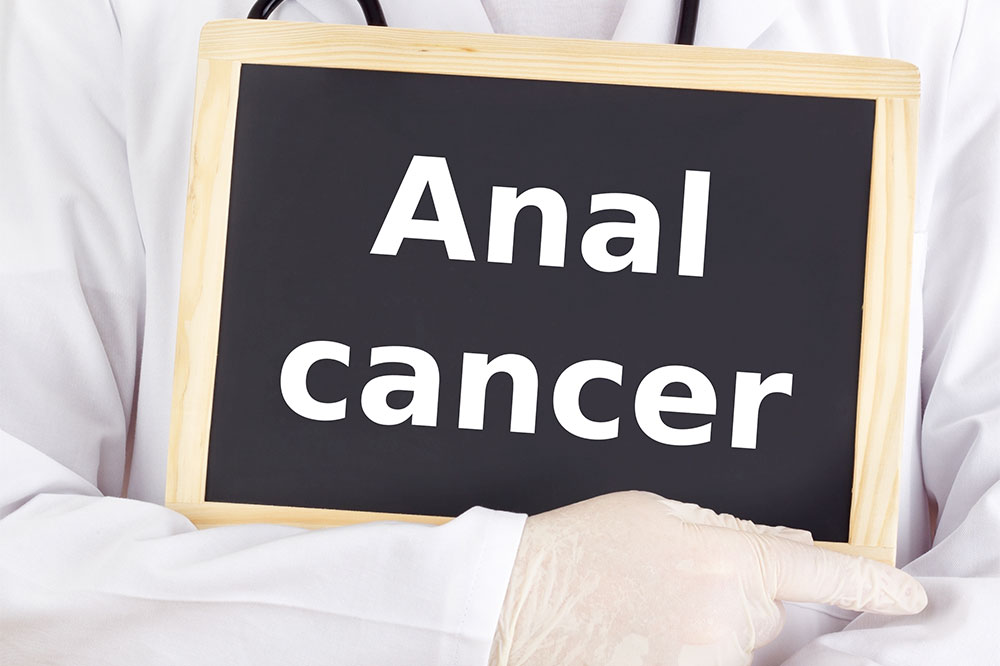
Anal cancer – Types, symptoms, causes, and management
Anal cancer is rare cancer that occurs in the anal canal or the skin around the anus. However, the incidence among people has gradually increased in the past few years, especially in older people and those with a history of HPV infections. Nonetheless, the good news is that cancer is treatable when diagnosed in the early stage through a combined treatment approach. Scroll down to learn more about the anal cancer condition in detail.
What is anal cancer?
Anal cancer, also known as carcinoma of the anal canal, affects the anal canal, a short tube at the end of the digestive tract where feces is eliminated from the body. When the cells in the anal canal become abnormal, they form malignant or benign tumors in the anus, leading to anal cancer. Despite being rare, this cancer can also spread to other body parts, such as lymph nodes from its initial site.
What are the types of anal cancer?
There are different types of anal cancer diagnosed globally, where they can be either malignant or benign and some precancerous. The primary types are listed below.
Squamous cell carcinoma (SCC): It begins with the outer lining of the anus region. Around 90% of anal cancers are SCC due to HPV infections.
Basal cell carcinoma: It is a type of skin cancer that affects the region around the anus. This cancer rarely accounts for global anal cancer cases.
Adenocarcinoma: It affects either the lining of the anus or near the rectum or directly in the anal glands that secrete mucus.
Neuroendocrine carcinoma: It is another rare type of cancer that affects the hormone-secreting cells in the anus.
Malignant melanoma: This type of anal cancer occurs in the skin cells of all lining that is responsible for pigmentation. It is sometimes referred to as skin cancer in general.
What are the symptoms of anal cancer?
Some people with anal cancer do not show any visible symptoms. On the other hand, the symptoms are not specific and are considered to be associated with other chronic conditions such as piles or anal fissures. Hence it is extremely important to get diagnosed immediately if one is concerned about the condition.
The possible signs of anal cancer are listed below:
Pain or discomfort sensation in the anal area
Bleeding from the anus or rectum
Itching, soreness, or burning sensation in the anal canal
Sudden changes in bowel habits, including uncontrollable bowel movement or incontinence
Diarrhea or constipation
Formation of lump or mass near the anus region
Swelling or feeling of fullness in the anal area
Unexplained or unexpected loss of mass
Fatigue or extreme weakness
Abnormal or bloody discharge from the anus
What are the causes of anal cancer?
Anal cancer develops when normal cells get multiplied at an uncontrollable rate due to sudden genetic mutation. These mutated cells will not die like normal ones; instead, they accumulate to form tumors. It will also penetrate the nearby tissues and spread anywhere in the body. The primary cause of anal cancer is the HPT virus, a causative agent of sexually transmitted disease.
Nonetheless, there is no exact cause for anal cancer. Here are some risk factors that increase one’s chance of developing the condition.
Age: Anal cancer is highly diagnosed in individuals over the age of 50 years.
HPV: Human papillomavirus is the common cause that also causes genital warts and cervical cancer.
Prescription treatments: Certain prescription treatments, like immunosuppressive treatments, will weaken the immune system and induce the risk of anal cancer.
What is the treatment for anal cancer?
The best treatment for anal cancer is decided based on the stage, location of the condition, overall health, and personal preferences of the patients. Below are some of the effective treatment options.
Non-surgical treatments
Radiation therapy: This treatment option employs high-energy beams like X-rays or protons to destroy cancer cells. It can be their external beam radiation therapy or brachytherapy.
Chemotherapy: Chemotherapy remedies are infused inside one’s body. These remedies travel through the body, killing rapidly growing cancer cells.
Surgical treatments
Local excision: Removal of cancerous cells or tissues and a small number of healthy tissues around the region is called local excision.
Wide local excision: Many tissues around the affected area are removed in this procedure.
Abdominoperineal resection: The removal of cancer cells and the entire rectum and anus is called abdominoperineal resection.
Pelvic exenteration: The process involves the removal of cancer and the entire rectum, anus, balder, and some lymph nodes in the pelvic region.
Anal cancer is a rare type of cancer that affects the healthy tissues of the anus and is often associated with HPV infection. It is essential to be aware of these common signs and undergo regular checkups if one has a high chance of developing cancer. The early detection of anal cancer will help a person get the timely and right treatment.




